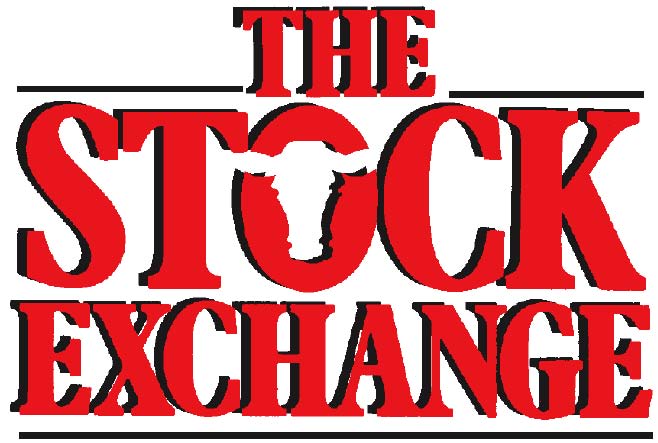By Brian Brus
STILLWATER, Okla. – The cost to rent cropland held steady through the pandemic last year while pasture rentals fell slightly overall, according to the latest studies by Oklahoma State University Extension.
The biannual pair of market surveys of agricultural landowners found mixed results, said Roger Sahs, OSU Extension agricultural economist.
“People reading this data might be somewhat surprised and have questions about crop commodity prices, which were dismal and disappointing in the past two growing seasons, especially wheat,” he said. “By the same token, we’ve had some excellent crop production and yields, which has helped provide additional farm income, providing some sense of steadiness.”
The market overview is updated every two years with assistance from the U.S. Department of Agriculture’s National Agricultural Statistics Service and is one of the most popular data sets released through OSU Extension.
In consideration of the cropland rental study, Sahs said, “The question now is, what comes next? If both parties – landlord and tenant – share the same sense of enthusiasm and optimism, and they expect circumstances to continue, that will provide support to cropland rental prices going forward.”
Results from the pasture rental study had a wider range of outcomes. Native grassland ranges were largely stable from period to period, whereas improved pastures showed a downward adjustment of a few dollars.
“Some part of that adjustment is due to shifts in the cattle economy, which seems to have borne the economic brunt of the COVID-19 pandemic,” he said. “A number of cow-calf producers were already operating at tight margins. They’re looking to see if the markets will rebound.”
Overall, growing conditions and water availability in Oklahoma was good last year, he said, “but if the money’s not there for the market, the rentals will reflect that.”
Sahs addresses land prices in the latest episode of the agricultural television show SUNUP.
